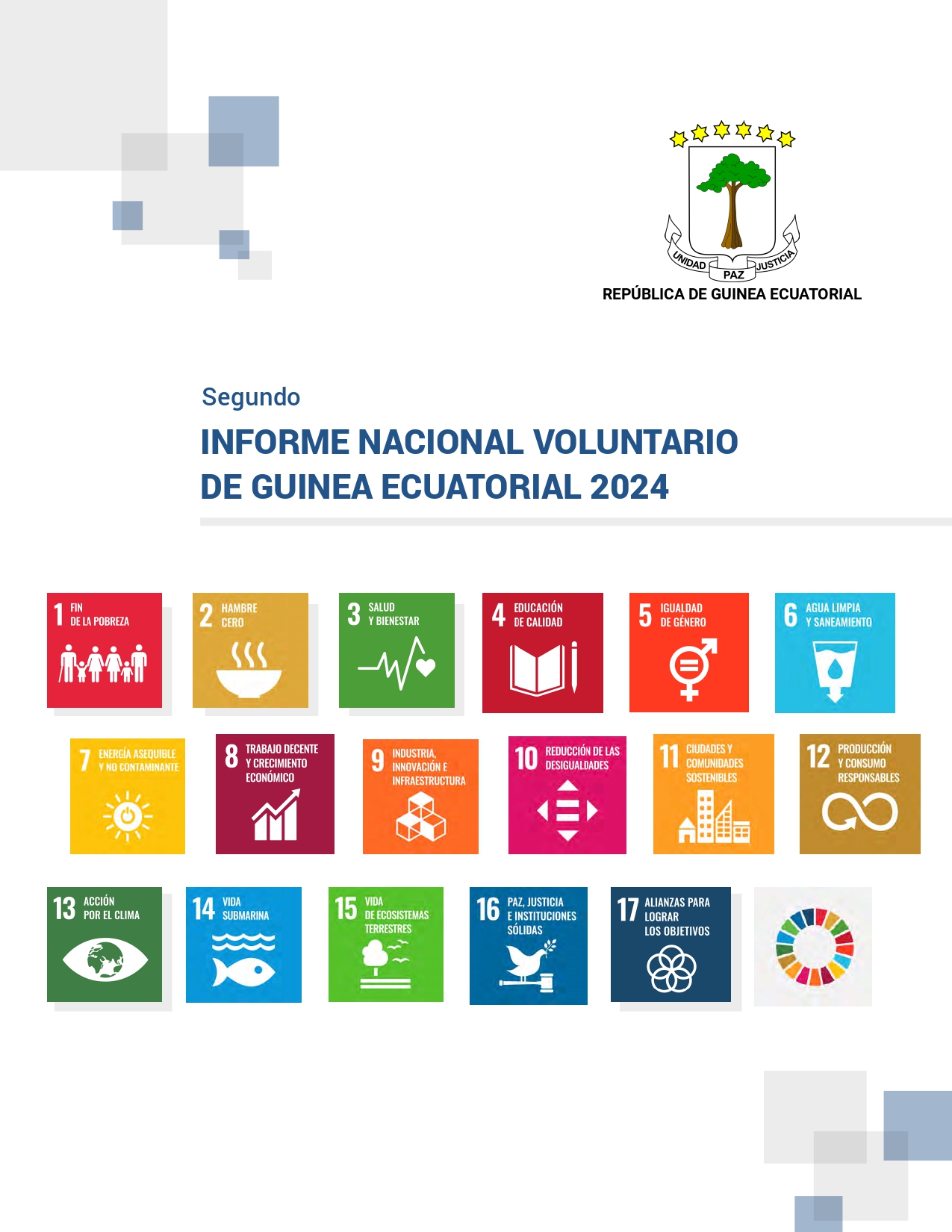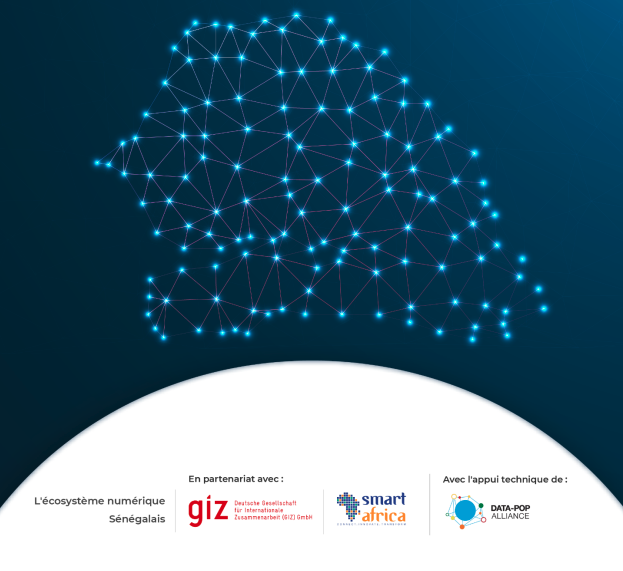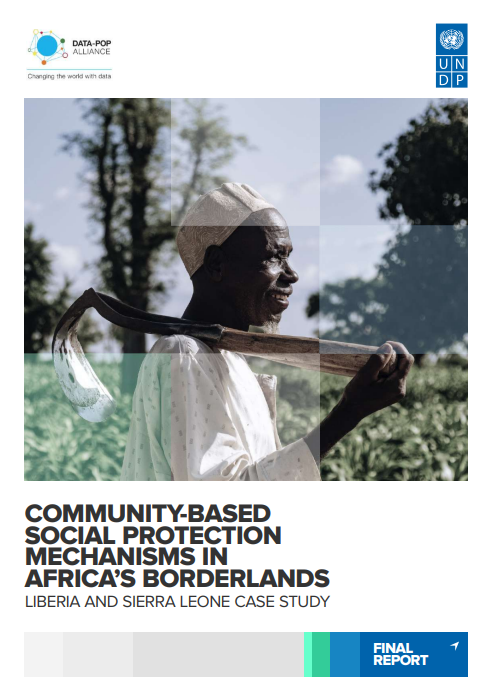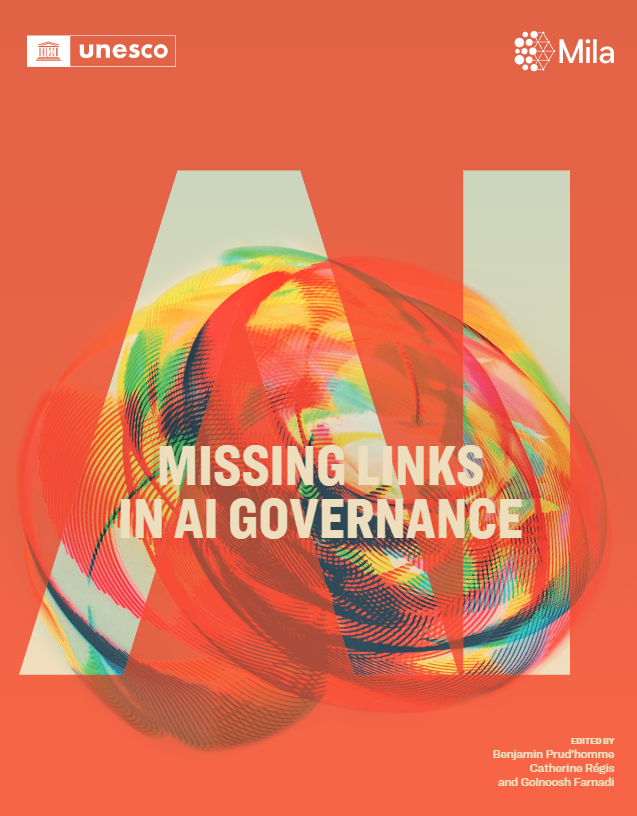Using open data and mobile phone records, we explore this link with a spatial regression model that analyzes the environmental and the social conditions to which each part of the city is exposed. We found that physical characteristics of the city connected to higher urban diversity better explain the emergence of crime than traditional socio-economic conditions and, together, physical characteristics and socioeconomic conditions improve the performance of previous approaches. This result suggests that urban diversity and natural surveillance theories play an important role in the proliferation of crime, and the knowledge of this role can be exploited in urban planning to reduce crime.
- Research Paper
Characterizing and Analyzing Urban Dynamics in Bogota (From the Paper Series: “Big Data to Address Global Development Challenges”)
- June, 2017
- English





